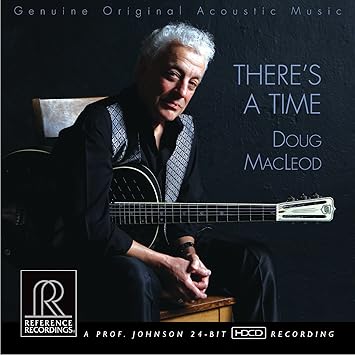Just to address the bolded part (but leave the rest for context), the $20 a month comes at the cost of the artist. You’re right, “there is so much damn music out there”, and most of it is being distributed and listened to at the expense of the artist. (Artist revenue has shifted from album/single sales to touring, merchandise and endorsements in general.)
The way to ensure an artist receives the greatest cut of revenue is to purchase their self-distributed CD. In that case, their cut is 100%, with artist revenue at $12.00, and they need shift only 105 units to make the minimum U.S. wage. If you were to purchase their CD from a retailer where the artist is signed on an (averaged) royalty deal with a label, the retailers makes 30%, the label 47% and the artist makes 23%, with the artist taking home $2.76 requiring 457 units to make minimum wage.
While it’s true Tidal is second only to Googleplay in artist royalties per play ($0.0073 for Googleplay versus $0.0070 for Tidal - Spotify pays $0.0011, YouTube $0.0003), an artist would still need 180,000 plays per month on Tidal to make the minimum wage (U.S.). For a signed artist on Tidal, Tidal takes 25%, the label takes 55% and the artist makes 20%, requiring 393 times the unit play of a store-purchased CD for less of a cut (by 3%). Given Tidal’s user base it sitting below Rhapsody, Deezer, Spotify and YouTube with only 1.5 million paying users compared to 30 million Spotify paying users, an artist needs 36% of Tidal’s users to play its album in order to make minimum wage. In other words, on Tidal an artist needs to rely on a disproportionate percentage of a smaller pool of users in order to make minimum wage. Tidal’s bias toward urban music genres (and already-established multi-million seller artists - remember the “poor, struggling artists” Tidal whipped up on stage for its relaunch, like, er… Madonna?) means indie and lesser known artists are therefore likely to suffer relative to already-established artists.
And to repeat to what I already wrote in post #213, for all Tidal’s bravado in regard to artist percentages relative to the competition, the fact that it owes $438,000 to labels in unpaid royalties seems to suggest that your $20 bucks a month isn’t getting into the pocket of the artist half as much as it would like you to believe it is.
I get it: The music industry is broken and something is better than nothing, right? Well, kinda. Not really.
Perhaps the best way to sum up my perspective is to answer your question here: “Why would you not want to take advantage of the world’s library for $20/mo?”
Why not? Because when someone gives you everything for nothing, someone else is losing out big time.
https://www.fastcodesign.com/3048607/what-major-music-streaming-services-pay-artists-visualized









